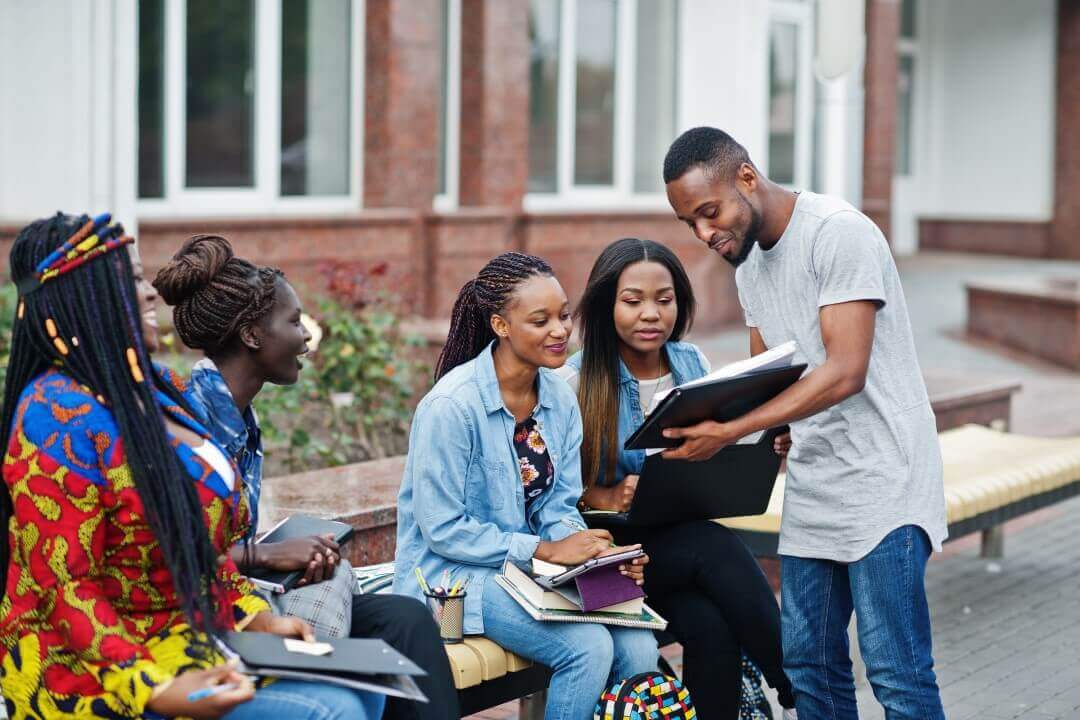Addiction & Mental Health Support

There are a variety of different factors that contribute to negative mental health within the Black community. Lack of access to care, racial discrimination, and historical trauma are a few. And because there are few medical professionals that have the resources to treat African Americans, many refuse to seek help. We have found some of the best resources for people of the Black community. These are meant to help individuals find support and care for mental health when they need it.


We’ve listed the best rehab centers in each state according to accreditations, online reviews and treatment programs offered.



LiveAnotherDay.org’s helpline is a private and convenient solution for individuals seeking treatment for addiction or mental illness.
Calls to our helpline (all non-facility specific 1-8XX numbers) will be answered by Recovery Advisors, American Addiction Centers, or one of our verified local treatment partners. Calls are routed based on geographic location.
Our helpline is offered at no cost to you and with no obligation to enter into treatment. In some cases, Live Another Day charges our verified partner a modest cost per call, which helps us cover the costs of building and maintaining our website. We do not receive any commission or fee that is dependent upon which treatment provider a visitor ultimately selects.
For more information on Live Another Day’s helpline, as well as our selection process, mission statement, and staff, visit our About page.
If our helpline is unable to assist you, we recommend browsing our state-by-state listings of the Best-Rated Rehab Centers, reading our resource guides, or visiting SAMHSA.gov.